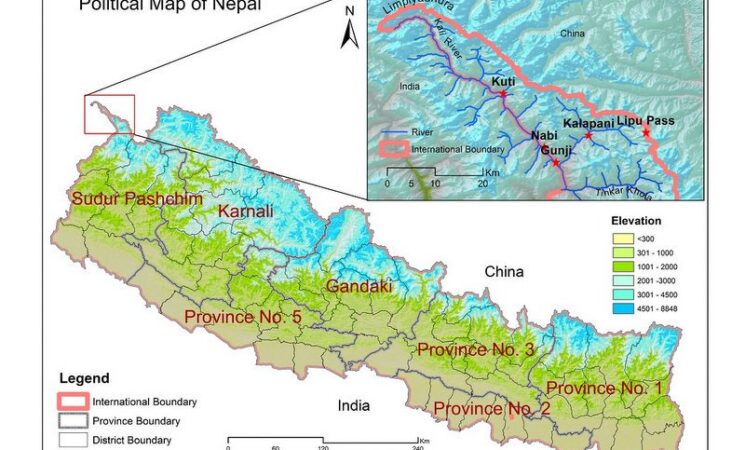Hydropolitics and its Role in Shaping India-China Relations
Transboundary river basins are a prominent feature of the South Asian physical landscape, cutting across political boundaries and are therefore of paramount importance to the region’s geo-political stability ...






Challenges to Global Governance in Ukraine-Russia Conflict
Anarchy, as it exists today, is more so for the TNCs rather than States. Global governance has surely evolved, but the next big challenge is to extend the governance umbrella over TNCs ...